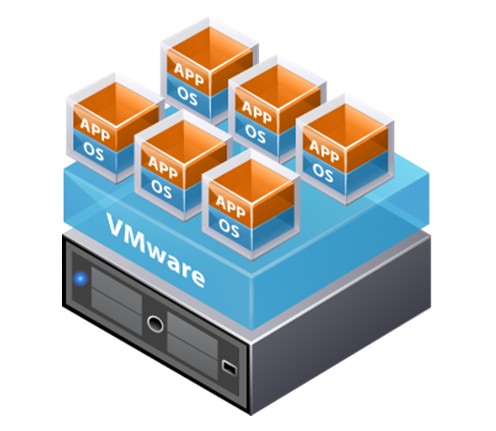Risks of Virtualization
Whether business are small or large are progressively spinning to virtualization technology in order to save cost and boost redundancies in case they face collapse. So the conventional security explanations are not enough to guard virtual machinery.
The capability to generate dozens of virtual servers as files in a sole corporal server might engrave electricity expenditure, save room, make IT management jobs more easier, and allows them to create split environments to test new appliances at their own will. No doubt that this is frequently used and highest mounting technologies in small and large businesses. But every thing that has its advantages must have drawbacks also and virtualization has no omission. Security issues are the main thing you have to be anxious more about that when you employ virtual servers. Most common risks of virtualization are:
Information safety is not originally involved in the Virtualization Plans
Information gathers from different sources indicates that almost 40 % of projects that uses virtualization technology were carry out without the use of information security group in the early planning and design stages. Normally, the operational expert team will dispute that nothing has changed in reality — by now they have skills and procedures to secure the workloads, operating systems and the hardware beneath. Whereas the truth is that this argument pays no attention to the original layer of software in the shape of a Hyper Visor (HV) and Virtual Machine Monitor (VMM) which is pioneered when workloads are being virtualized.
The cooperation of the virtualization levels might result in the cooperation of all hosted workloads
The virtualization level symbolize one more significant IT stand in the communications, and similar to any software that is write by humans, this level will certainly hold entrenched and exposed vulnerabilities that can be utilizable. Known to the advantaged level the hyper visor hold in the heap, hackers already have start target this level to potentially cooperate all workloads hosted over it.
The short of visibility and power on internal virtual nets shaped for VM to VM Communications Blinds Existing Security Policy Enforcement Mechanisms
For the purpose of efficiency in connections between the virtual machine, nearly all virtualization policies contains the aptitude to produce virtual networks based on software and switch within the physical host to facilitate virtual machines to communicate straightforwardly. This interchange will not be noticeable to safety defense devices that are network based, such as network based interruption avoidance systems.
Workloads of diverse conviction stages are merged on to a particular physical server with no enough separation
As the organizations shift ahead of the low hanging fruit of workloads to be virtualized, additional vital systems and receptive workloads are being under attack for virtualization. This is not essentially a subject of matter but it can turn into an issue as these workloads are shared by other workloads from dissimilar trust regions on the similar physical server with no sufficient separation.
Sufficient controls on managerial admittance to the Hyper visor and VMM layer and to managerial apparatus are deficient
Because of the serious support the hyper visor/VMM layer supplies managerial admittance to this layer have to be firmly controlled, but it is complex by the verity that main virtualization policies provide several conduits of management for this layer.
A potential failure of separation of responsibilities for network and safety controls
As physical servers are misshapen into a single mechanism, it raise the danger that system managers and consumers will unintentionally get access to information that surpasses their usual freedom levels.
For more please visit http://datacentertalk.com.

